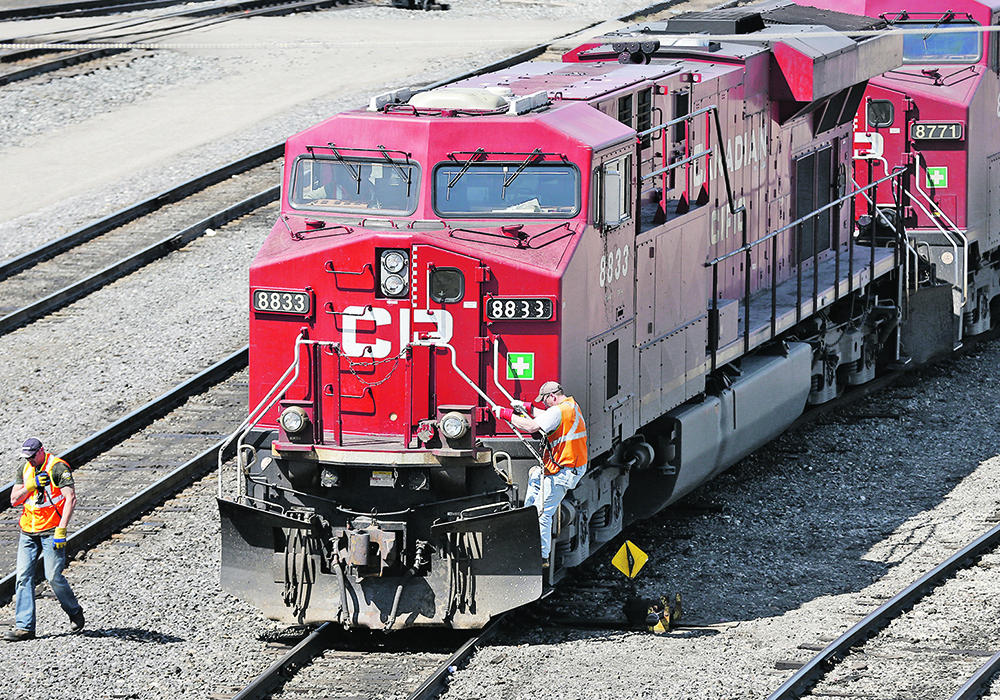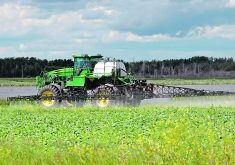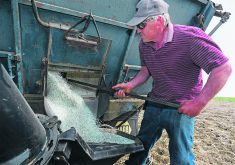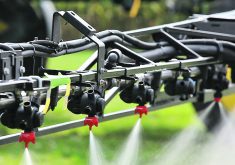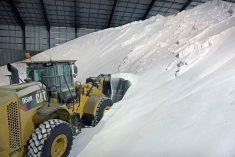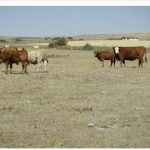Saskatchewan premier Scott Moe last week launched a petition calling for rail to be declared an essential service.
At the time, Canadian Pacific Railway workers were in a strike position, but the employer later locked them out.
Moe was the first to sign the petition, which he introduced at the Saskatchewan Association of Rural Municipalities convention. Ray Orb, SARM president, also signed, and copies of the petition made their way through the crowd of more than 1,500 people.
“We’ve had far too many rail interruptions over the course of the last number of years and we are without a doubt reliant on that rail service,” the premier said while introducing the petition.
Read Also

Land crash warning rejected
A technical analyst believes that Saskatchewan land values could be due for a correction, but land owners and FCC say supply/demand fundamentals drive land prices – not mathematical models
He said the supply chain is already stressed by other factors and another stoppage would be “catastrophic.”
“At the end of the day, we just cannot have another disruption with respect to any of the rail services that we receive here in the province,” he said March 16. “It’s just too vital of a service not only for the Saskatchewan economy but for Saskatchewan communities and people.”
The premier said the petition, which also called on Ottawa to have back-to-work legislation prepared, does not undermine the collective bargaining process. He said he would reach out to other provinces for support.
“I would hope that it would find its way to the floor of the Parliament, ultimately, so they can have a discussion and prioritize what they can actually do to make a difference in this space, that is federally regulated space, and we’ve put forward they should prepare for back-to-work legislation and they should also in the longer term put together some legislation that classifies our rail service as essential,” Moe said.
Parliament was not sitting last week and there was no back-to-work legislation on the March 21 notice paper.
Orb said the transportation of corn from the United States to western feedlots is the most critical issue.
“It will affect not only the livelihood of farmers but the lives of their cattle,” he said.
Orb said he’d been told some feedlots could be out of feed within three days.
“A lot of farmers are stressed out already because they don’t have hay, they’re running out of water. This grain, it’s critical, and if we run out of grain, we’re going to have some issues.”
At a committee meeting March 21, federal agriculture minister Marie-Claude Bibeau said she was also concerned about feed shipments.
“Both parties are still negotiating,” she said. “We are urging them to resolve their issues and reach a deal as quickly as possible and will continue to do so.”




